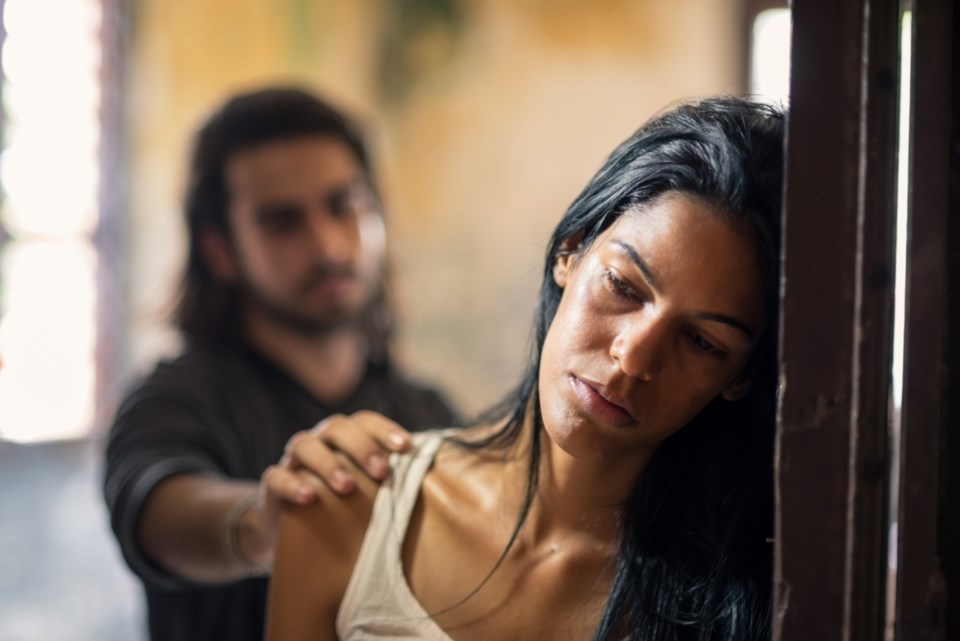Intimate partner violence affects individuals across all demographics, but for immigrant families, the challenges are often more complex. Cultural stigmas, immigration status concerns and language barriers can trap victims in abusive situations.
Kula Kulasegaram, a settlement worker for Immigrant and Community Services (ICS) in Markham, has observed many immigrant women struggling to seek help during her seven years of service.
"Many immigrant women face daunting challenges in seeking help due to limited English skills, financial dependence on their partners and concerns about their immigration status," Kulasegaram explains.
She recalls that some clients gathered immense courage to make appointments with settlement workers like her, but gave up after consultation.
“Leaving an abusive relationship isn't as easy as it looks,” she said, noting that women always tend to give their husbands and families another chance.
Tragically, their sacrifices can lead to escalating abuse, impacting not only the victims, but also their children and other family members.
A prevalent misconception among victims is the fear that leaving their sponsor will jeopardize their immigration status. Kulasegaram clarifies that victims of abuse can seek assistance from IRCC's client support centre, which prioritizes cases related to abuse.
In the past, immigrants were required to reside with their sponsor to maintain permanent resident status, but this condition no longer applies, Kulasegaram explains.
Cultural differences also play a significant role in silencing victims within immigrant communities.
"Many clients conceal their struggles, maintaining a facade of normalcy to avoid shame and uphold family honour," she says.
In many Asian cultures, elders often advise that marital problems, including intimate partner violence, should be tolerated to keep the family together. This cultural norm, coupled with stigma, discourages victims from seeking help and perpetuates the cycle of abuse.
Abuse is not merely a private matter, but a social issue that requires professional intervention and support services. "It's crucial to debunk the misconception that domestic violence should be resolved internally," Kulasegaram stressed.
At Markham South Welcome Centre, Kulasegaram and her colleagues work tirelessly to support immigrant women by providing legal aid and housing support, financial and child care assistance, education and training, and mental health and wellness programs.
“Housing issues are the huge concerns for clients to leave the abusive situation or place,” Kulasegaram added, “The shelter hotline is available, but a client has to call multiple times a day to check for available spots. Language barriers often prevent clients from calling the shelter independently.”
Settlement workers can assist with filling applications, making phone calls, and arranging interpreter services to ensure women receive the support they need.
Despite challenges, Kulasegaram reassures victims that help is available. "Many feel isolated by language barriers and past negative experiences with authorities," she acknowledges, urging them not to lose hope because "you are not alone".
"Empowering immigrant women with knowledge of their rights and available resources is key to breaking the cycle of abuse," Kulasegaram concludes. "With the right support, they can reclaim their lives and build a safe, independent future."
If you are experiencing intimate partner abuse and are in need of resources, contact the York Regional Centre for Community Safety at 1-855-541-2220.
If you are in crisis, contact the 24-hour crisis line via Text or call toll-free: 1-800-263-3247.
Scarlett Liu is a federally funded Local Journalism Initiative reporter at Markham Economist & Sun.
